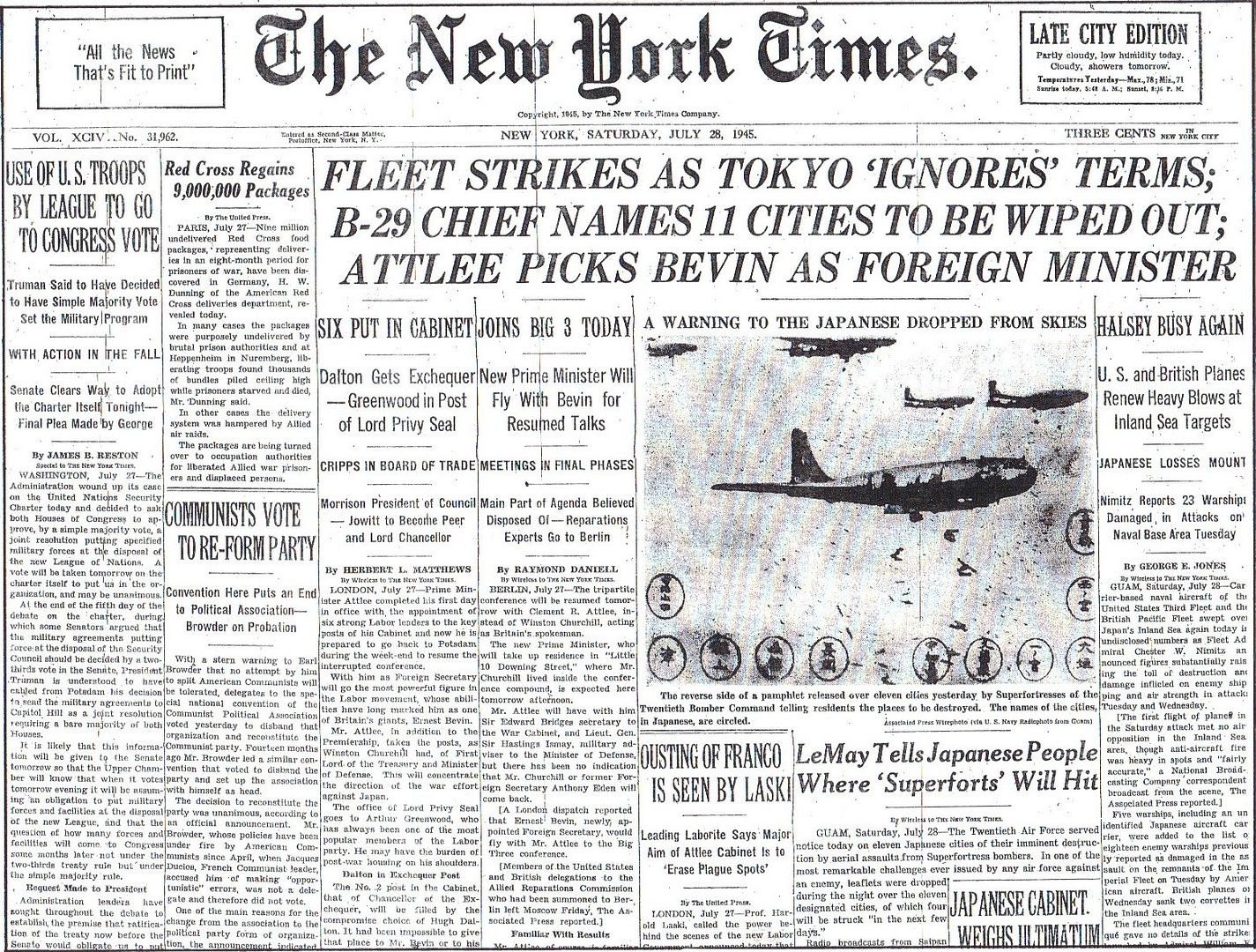
Posted on 07/28/2015 4:57:19 AM PDT by Homer_J_Simpson

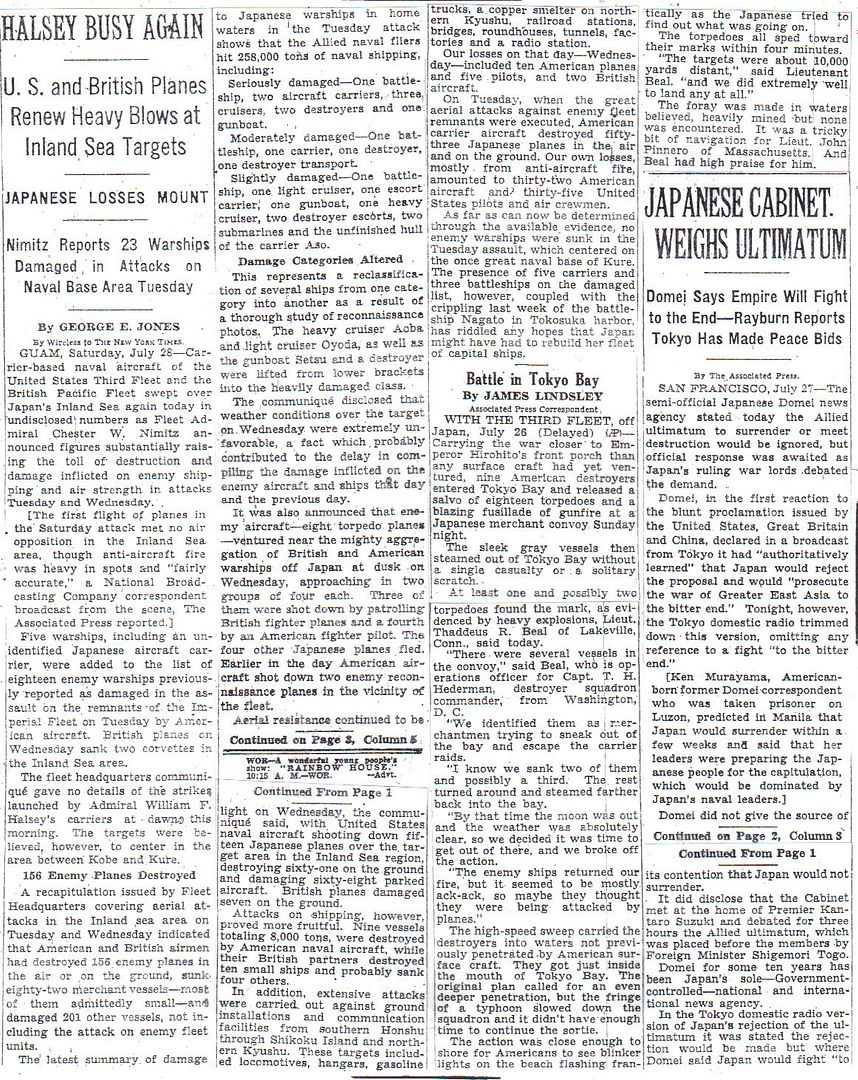
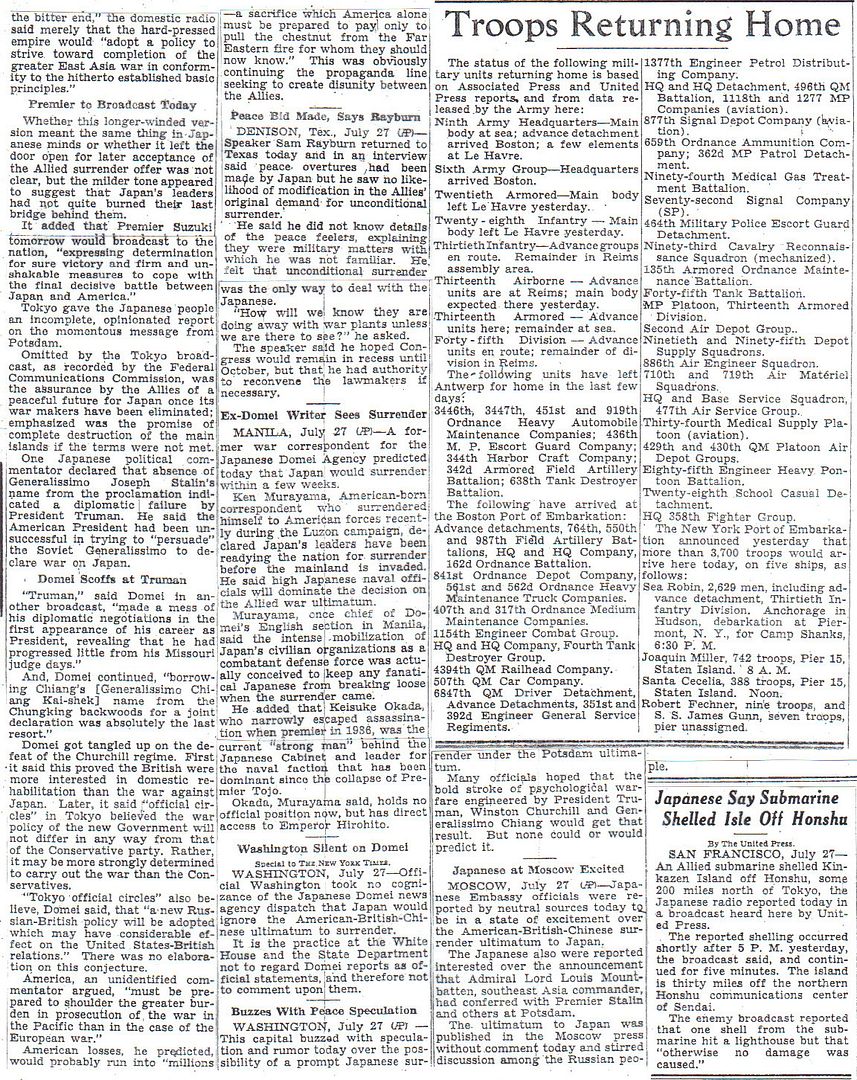
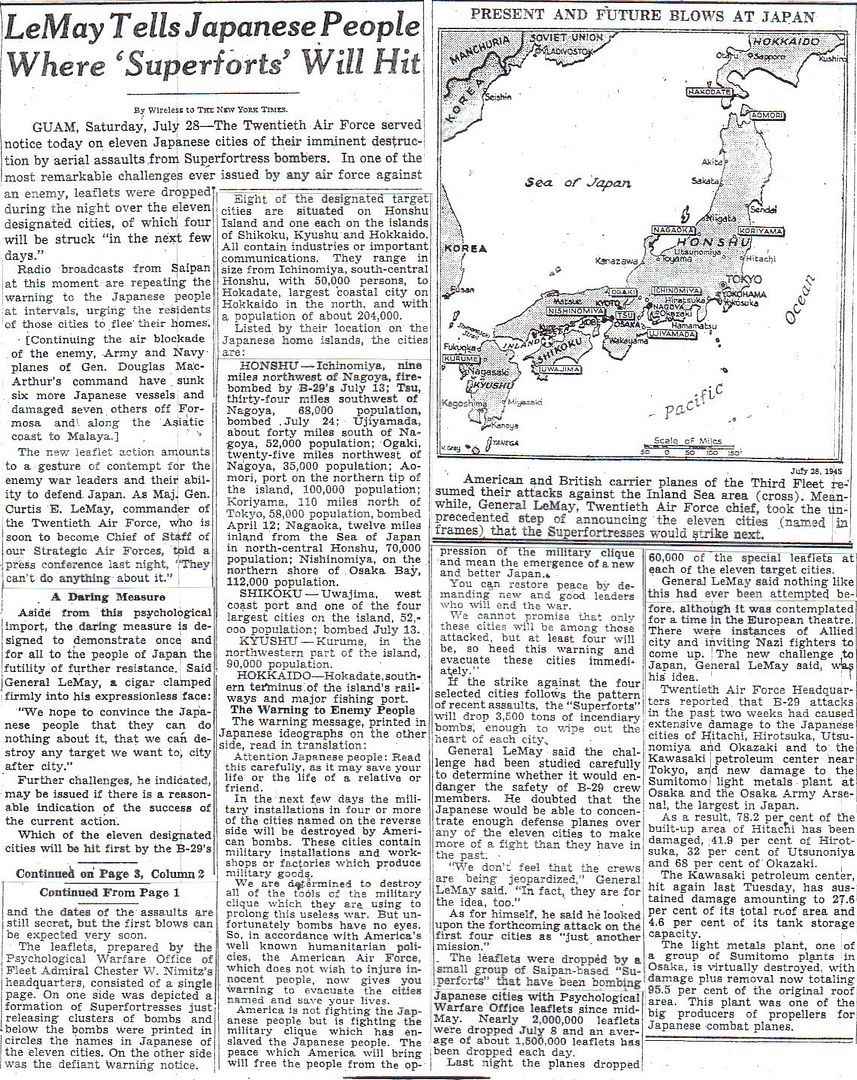
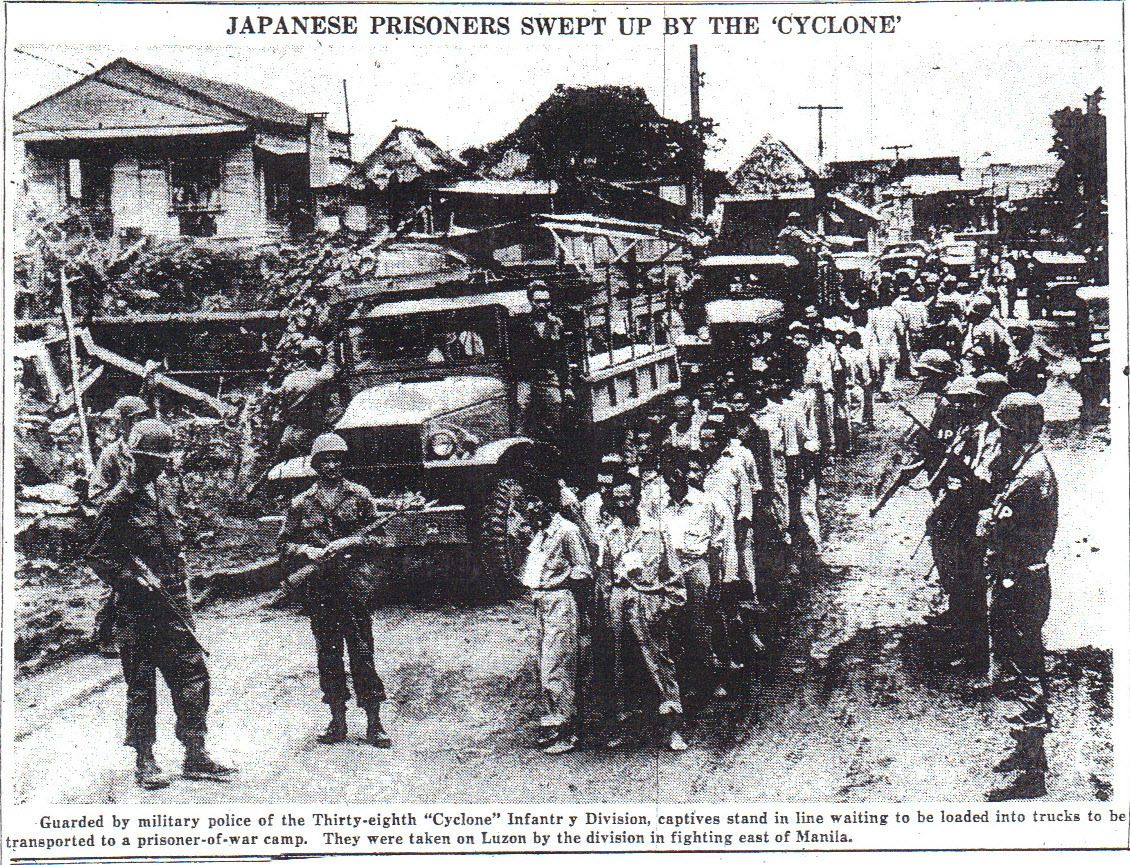
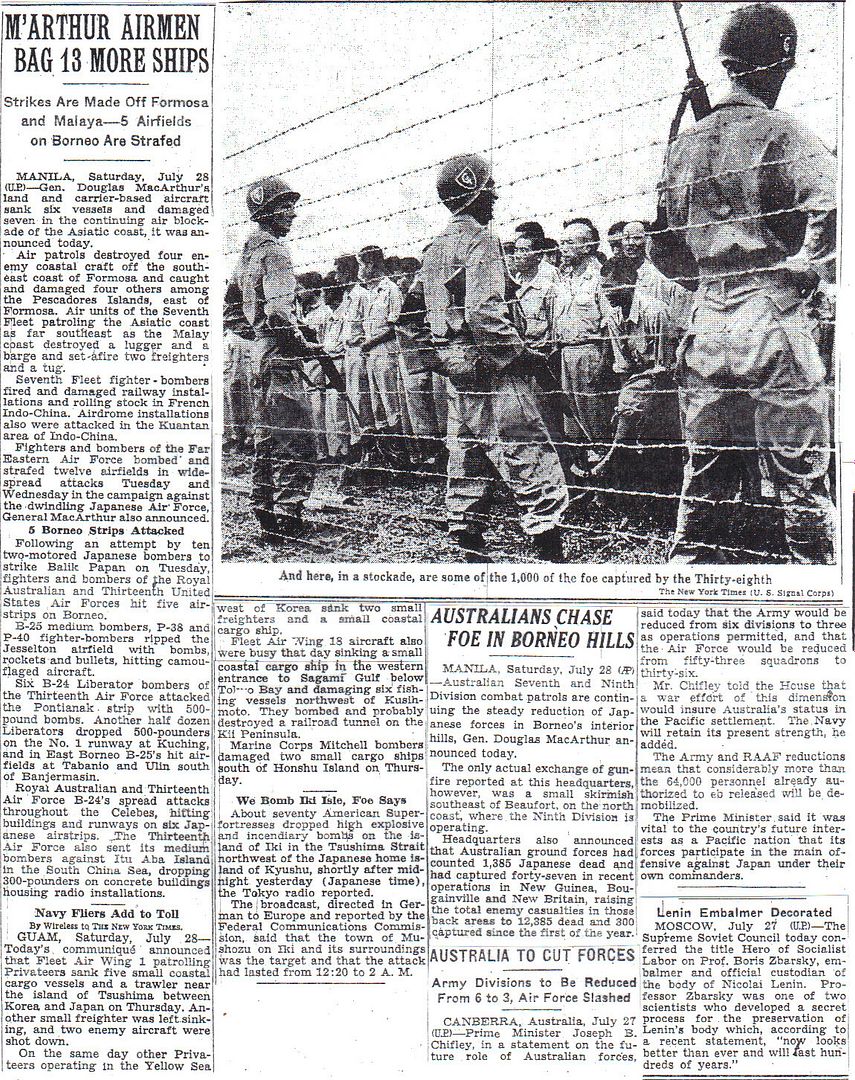
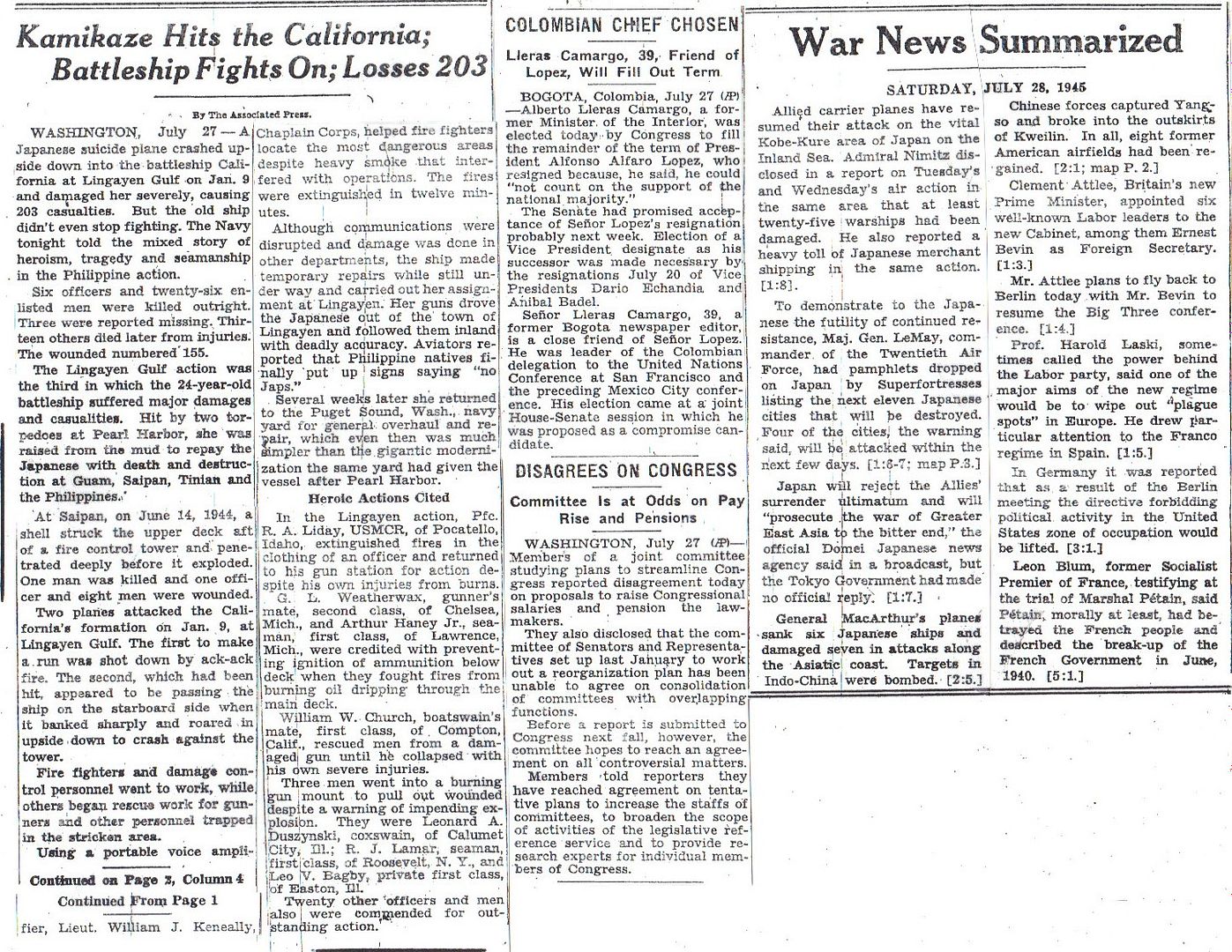
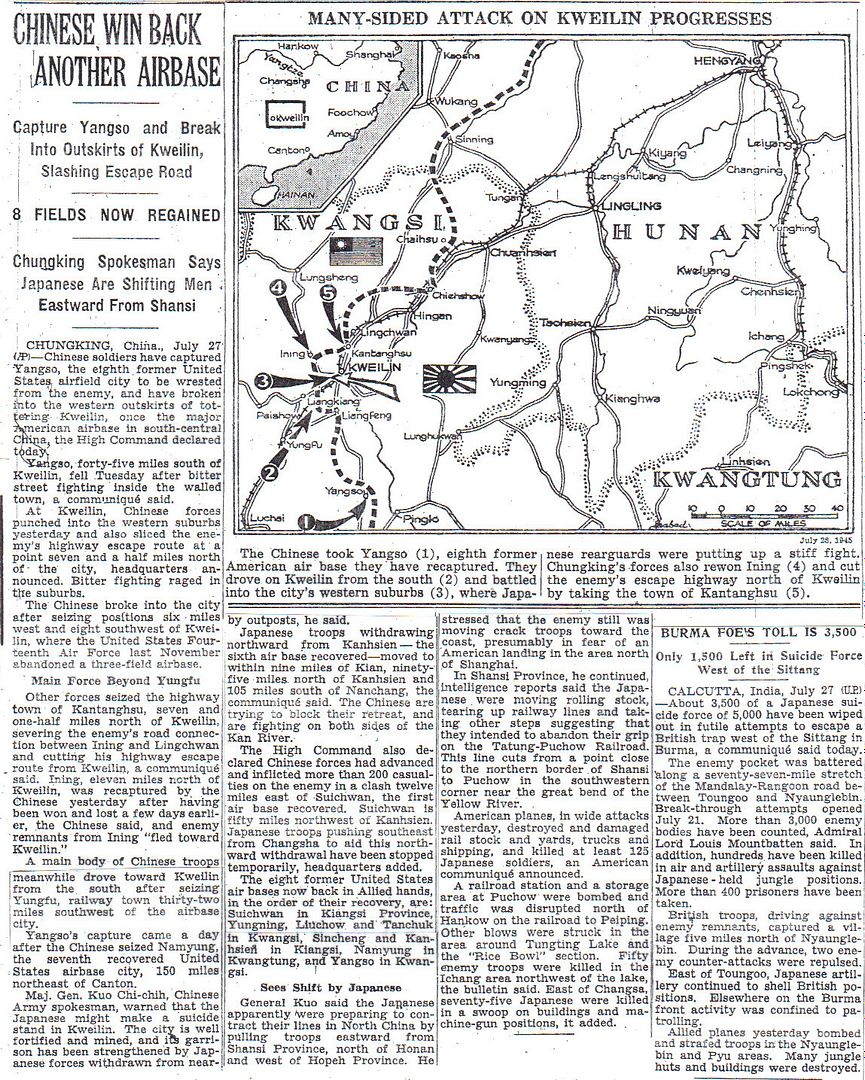
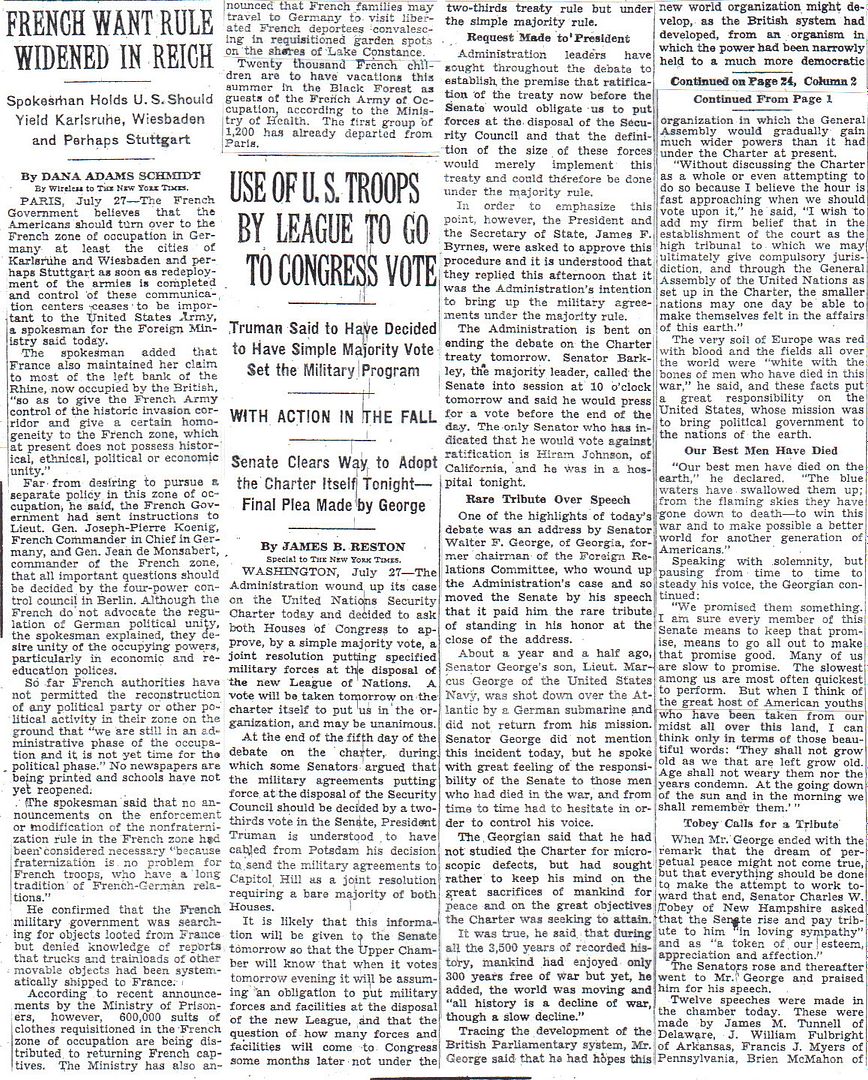
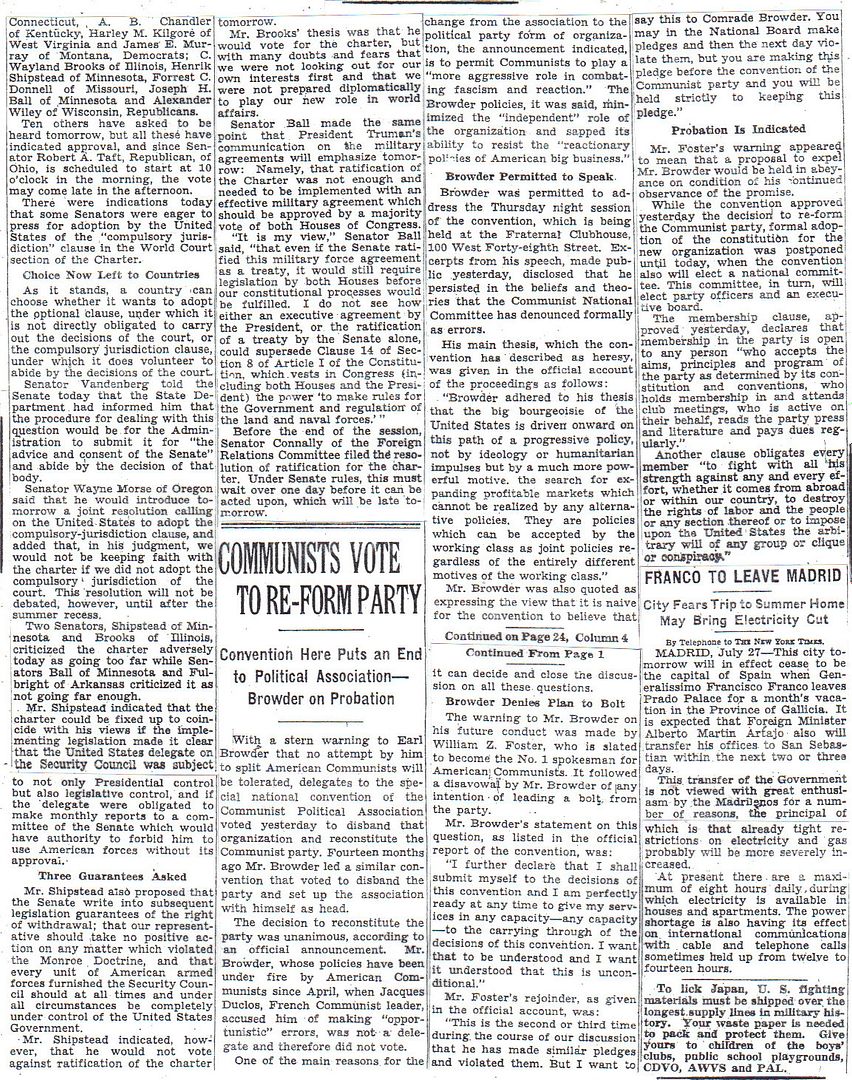
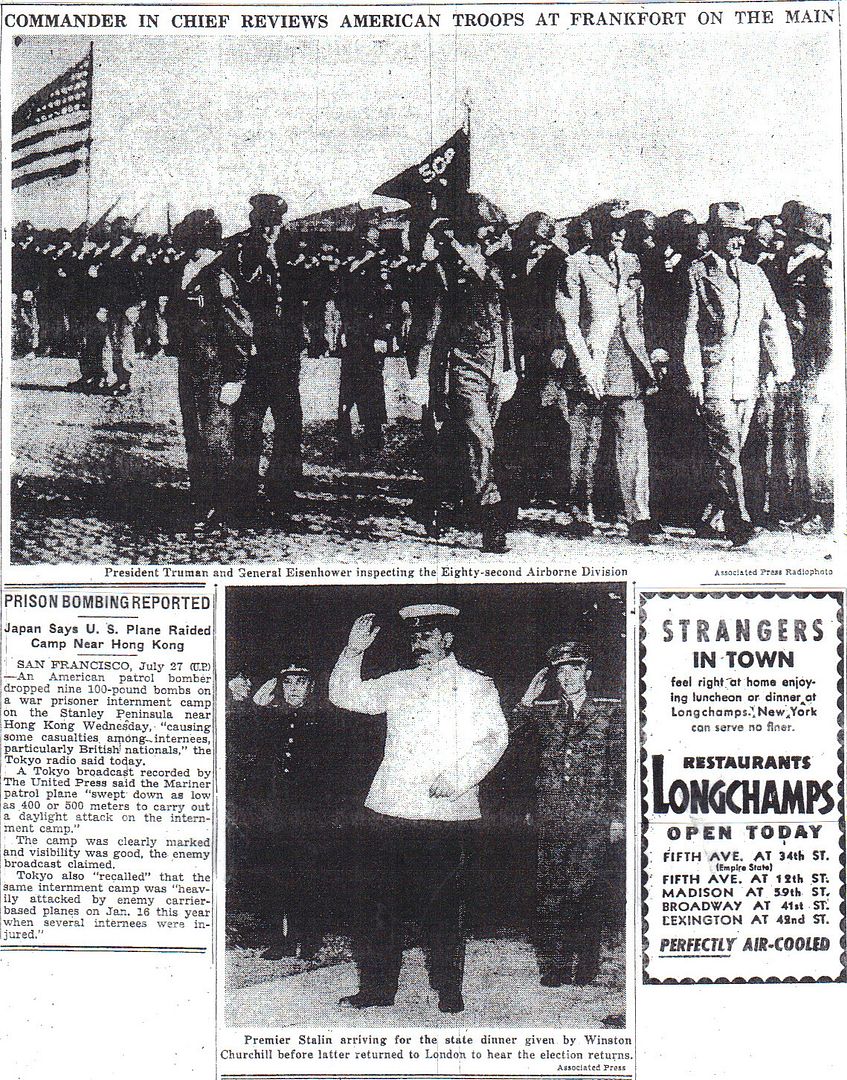
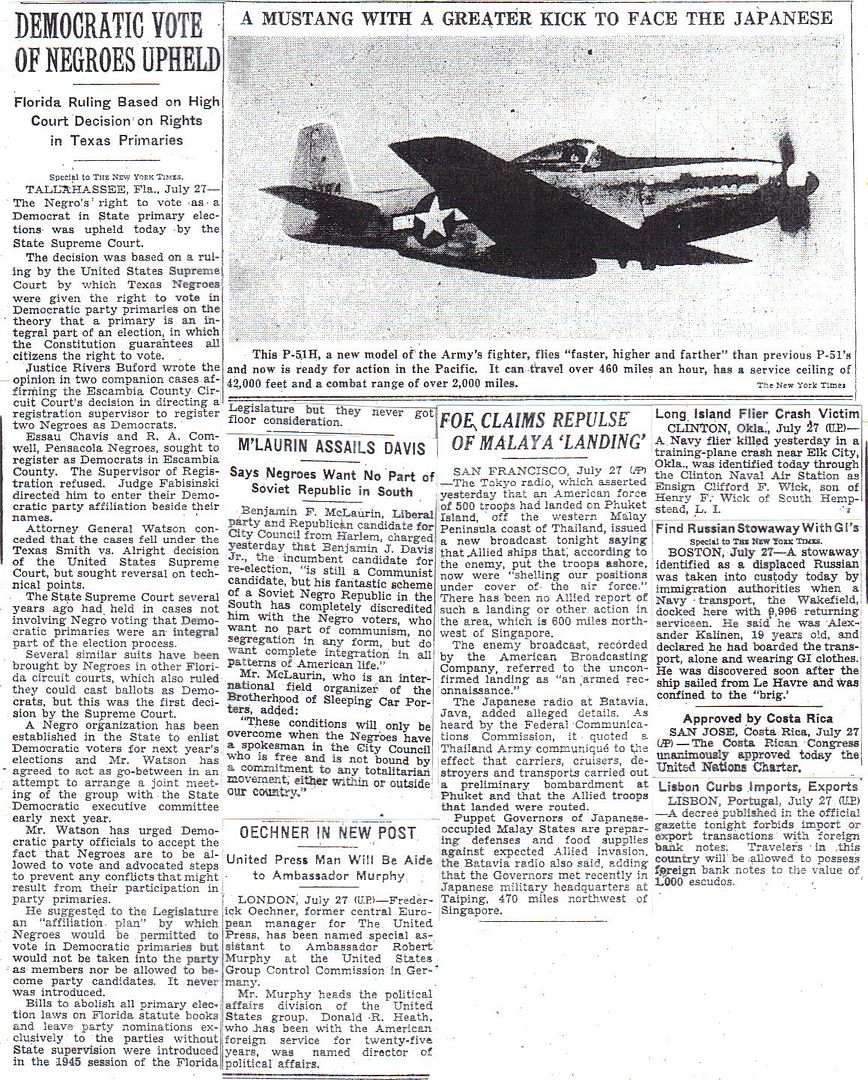
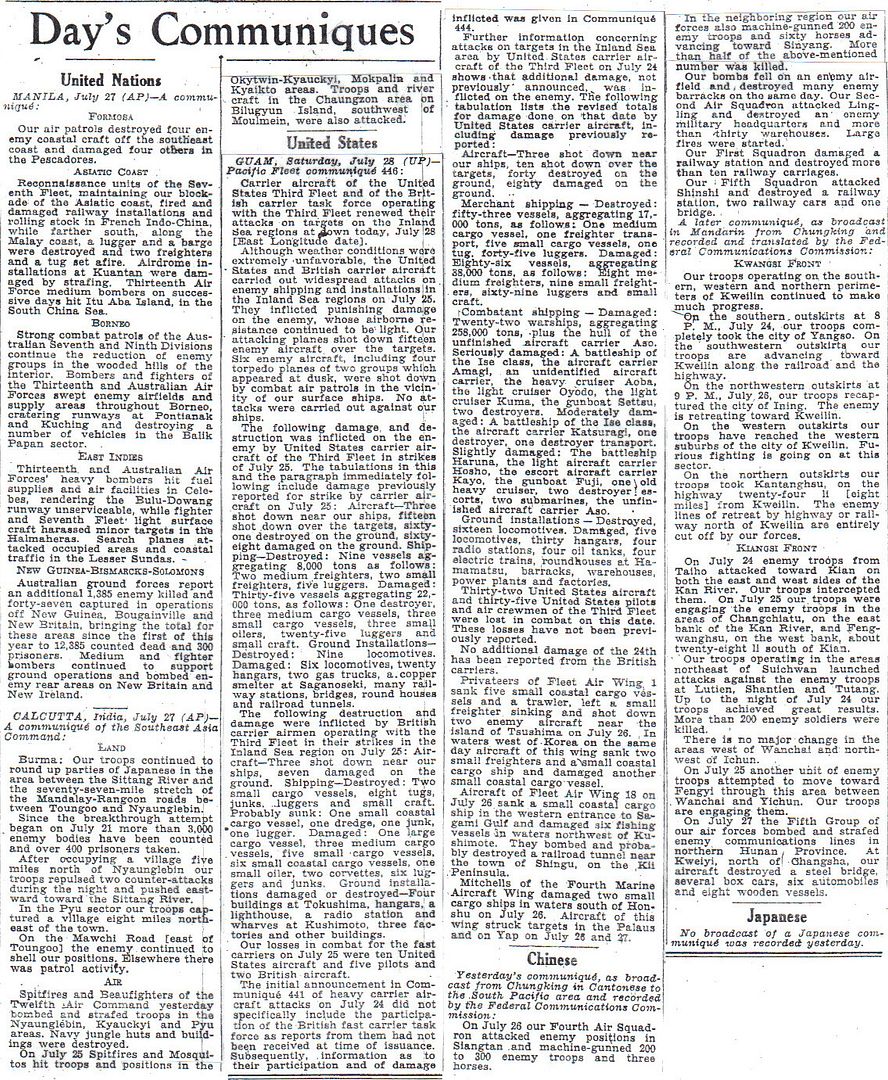
At the risk of sounding like a liberal academician (I'm an academician, but I'm not a liberal)...
The two stereotypes of Japanese in the West from the 1850s to the 1970s were "inscrutable Orientals" and "shifty-eyed bastards." They are two branches of the same bonsai tree, if you will, the tree of haragei. Japanese were "inscrutable" because they hinted at what they wanted you to know, because speaking bluntly is the most effective means of breaking relationships, and in Japan relationships are everything--Confucian collectivism as opposed to Aristotelian individualism. The other aspect of this is of course never looking someone in the eye, because that kind of directness is also not conducive to keeping relationships. So the main complaint about the Japanese (before Pearl Harbor) were that they couldn't be trusted because they never said what they meant and they never looked you in the eye.
But the Japanese had mirror-like complaints about Americans: we always stared at people, and we were too dull-minded to be able to express themselves subtly. So if the Japanese seemed like inscrutable shifty-eyed monkeys to Americans, Americans seemed like dim-witted egotistical gorillas to the Japanese. In the 1930s, the only people who got past these stereotypes were the Japanese who studied or worked (not immigrated) in America, and the Americans who studied or worked in Japan, and no one listened to either group. The two famous examples of this, one for each side, is Yamamoto's pleading with the Emperor not to stir up America as an enemy because he knew we weren't dimwitted gorillas, and Under Sec. of State Daniel Grew's attempt to put "constitutional monarchy" language in the Potsdam declaration, because he knew that the Japanese were haragei-ing in the midst of what seemed to other Americans like stubborn bluster, that all it would take for the Japanese to surrender was to be allowed to keep the Imperial line intact--which is what we eventually agreed to anyway. But Hirohito did not understand Americans, and Truman did not understand the Japanese, so the war played out as it did. Again, by July 1945 it might not have been able to have played out any other way.
Yeah. I think it was a little bit late for “cultural understanding.”
In any case, nukes, which more than just about anything else are not subtle, ended the impasse.
Messages passing in transit :-)
There was one other possible response, which is one I suggested a few weeks ago: Hirohito abdicates and puts his pre-teen son on the throne, who then announces to the world Japan's surrender, thereby making it very likely that the Imperial line continues. Why Hirohito doesn't do this is one of the unanswerable questions of WWII.
I’m hoping the biography of Hirohito in the stack on the nightstand sheds some light on the question.
I wonder if the Japs had surrendered before Hiroshima if we would have dropped nukes on North Korea several years later?
The USSR would have had nukes, too, by then. Stalin knew about our program thanks to the Rosenbergs and Klaus Fuchs. He would have pressed ahead with his bomb project regardless.
And what target in North Korea would have been worth an atomic bomb?
Chosin reservoir after we had evacuated?
Spanish is my second language. Often when someone asks me the meaning of a sentence or phrase I tell them what it literally means, but a different and more accurate translation would be how we would express the same thought in English. And, of course, the cultural differences are not nearly as vast as between Europeans/Americans and the Japanese.
Do you mean word such as “mañana,” which literally translates as “tomorrow” but in use really means “some unspecified future time, if ever?”
German is my third language, and is linguistically closest to English, although English has its leavening of Latin/Romance influences dating back to Roman and Norman times. As a result, both English and German are very direct languages within their cultural contexts, and what is stated in German tends to translate fairly directly into English.
There are certain nuances though. Such as “Kultur,” which directly translates into English as “culture.” However, the German word has some different overtones to the German ear. It means, more specifically, a German national culture which combines the German language, German history and literature. Also “Gemütlichkeit,” which does not have a really good direct English translation. It can best be described as a happy sense of belonging, cameraderie and community, usually fueled by quantities of good Hofbrau Dunkel beer, or its equivalent. Maybe the best translation is “the happy two beer buzz shared with your college friends.”
When my daughter began studying Spanish in elementary school (like most, she never actually learned how to say anything), I told her to say to her teacher, "¿Como tu frijole?" She asked me what it meant, and I told her with a straight face that it meant, "how you bean," not explaining the homophonic transliteration. Being a dutiful daughter (at the time), she said it to her Spanish teacher the next day, and when she had to explain to the teacher what it meant (was supposed to mean, of course), the teacher laughed, knowing the sense of humor of the daughter's father.
His title is "Detectivo" which was translated as "Inspector," which he surely would have been called in the UK. Had Americans done the translation, we probably would have called him Detective.
The series is rather addictive as the pace of events and character development is much faster than in American series of the same genre. We especially enjoyed making fun of the pronounced Castilian lisp the characters all had.
He said Japan would surrender "within a few weeks" and that the government was going through the process to prepare the country. He thought the intense mobilization was to bind the populace closer to the government to insure obedience when it came.
Was his thought process similar to what chajin described?

I guess I should have said something about this :-) I glossed over it when reading, because of his reference to Keisuke Okada and how he was supposed to be the strong man behind the government, which was not at all the case. Okada would have been 77 in 1945, and had been out of any position of power since at least 1938 when he retired from the IJN, if not when he resigned the PM after what is called the "February 26 [1936] incident," the second time a collection of militaristic rabble-rousers attempted to overthrow the government, failing at the last moment to assassinate Okada. According to Bergamini (and probably Bix as well), Hirohito was angry with the usurpers, not because he was peace-loving, but because they were trying to force his Imperial hand before he was ready. Okada had a reputation for being anti- the war with the US; whether that was true or not I cannot say, but there is no indication that he would have been able to lead the Japanese to surrender.
And one more thing, which is completely off the subject :-) there is a Japanese comedian by the name of Keisuke Okada, who is 46 and fairly popular in Japan. I guess that would be a bit like if Adam Sandler happened to be named Herbert Hoover instead.
Do you think Murayama was just telling his audience what he thought they wanted to hear?
Probably not. He would have known that Okada was antiwar, but he would have had no special insight into what was happening behind the scenes in Tokyo.
Page 12
Interesting story about blacks finally get the right to vote in Democrat Party primaries, in 1945! The Dems sure wanted to keep them out for a long time.
That view gives me the heebie jeebies, gets my agoraphobia up.
I think a nice response would have been to drop the first nuke just far enough off-shore to scare the pants off everyone in Tokyo. I think that might have done it.
Disclaimer: Opinions posted on Free Republic are those of the individual posters and do not necessarily represent the opinion of Free Republic or its management. All materials posted herein are protected by copyright law and the exemption for fair use of copyrighted works.